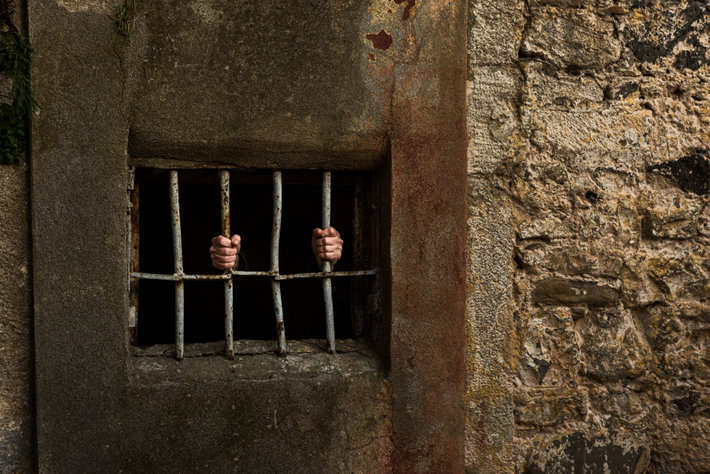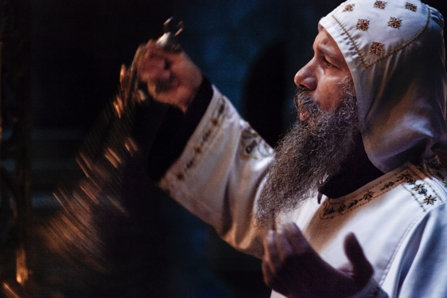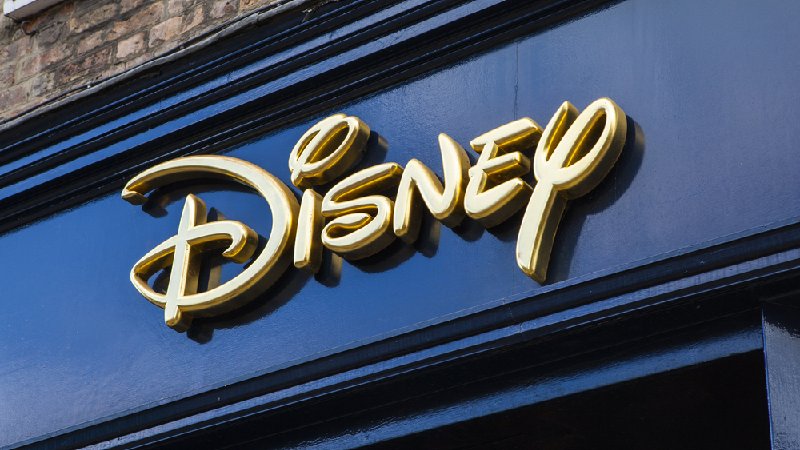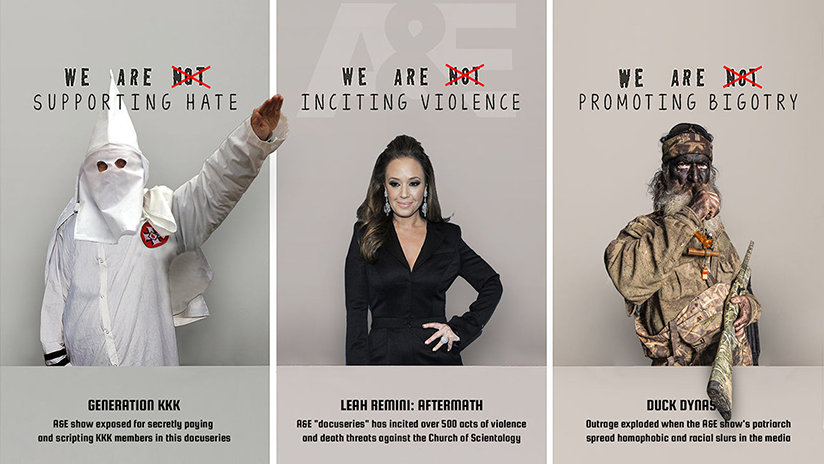
-
HOME
-
WHAT IS STANDOur Mission Our Values Our Help Contact
-
WHAT WE FIGHT FORReligious Freedom Religious Literacy Equality & Human Rights Inclusion & Respect Free Speech Responsible Journalism Corporate Accountability
-
RESOURCESExpert Studies Landmark Decisions White Papers FAQs David Miscavige Religious Freedom Resource Center Freedom of Religion & Human Rights Topic Index Priest-Penitent Privilege Islamophobia
-
HATE MONITORBiased Media Propagandists Hatemongers False Experts Hate Monitor Blog
-
NEWSROOMNews Media Watch Videos Blog
-
TAKE ACTIONCombat Hate & Discrimination Champion Freedom of Religion Demand Accountability
When Belief Is A Crime
In a May meeting with the Turkish prime minister, President Trump made a special appeal for the release of Andrew Brunson. Pastor Brunson has been an American Protestant missionary in Turkey for over 20 years, but was recently imprisoned as a “security risk.” This is obviously the politicizing of a religious group for the sake of repression, but it bodes of something bigger.

Living as we do in a Western nation, it may seem unbelievable that criminalizing Christians for practicing their religion is a growing trend. We think of Christian values and practices as touching every modern society, but in some nations where Christianity was widely accepted or, at the least, tolerated, there has been a distinct shift toward limiting the rights of its believers or driving them out of the country altogether.
A report of a joint academic study by the University of Notre Dame and Georgetown University, “In Response to Persecution,” claims Christians are now the most persecuted religious group in the world, and the Center for Studies on New Religions in Italy estimates that over 90,000 Christians were killed for their beliefs in 2016.
The persecution of Christians is as old as, well, Christianity. The difference is that where Caesar publicly threw believers to the lions, modern governments hide their discrimination behind accusations of subversion, terrorism, political dissent, criminality or blasphemy.
Covering religious bias with any label—“security concerns,” “anti-terrorism,” “anti-cult” and so on—creates the perception that something is being protected, that this bias is not bigotry, it is humanitarianism.
The purpose of the Notre Dame/Georgetown study was to look at how Christians are responding to the discrimination they now face. In National Review, senior fellow Kathryn Jean Lopez called for more attention and more action on the persecution of Christians worldwide.
We need to wake up, all of us, and realize that every time we allow someone’s religious rights to be kicked aside, we are putting our own at risk. If a group as large and established as the Christian church can be discriminated against and criminalized, what is safe?

I have no doubt that when 21 Coptic Christians were publicly beheaded in Libya in 2015, there were people within that country that felt it was wrong, but the outcry, if there was any, was muffled by the white noise of indifference and the sound of heads turning the other way.
We need to wake up, all of us, and realize that every time we allow someone’s religious rights to be kicked aside, we are putting our own at risk. If a group as large and established as the Christian church can be discriminated against and criminalized, what is safe?
When you hear what you do about Scientology, take a closer look. What if “Leah Remini, Scientology and the Aftermath” were “Leah Remini, Christianity and the Aftermath?” Would you feel the same about it? Would it even be allowed here?
Now is the time for all people of conscience to help protect the rights of religious groups.
Don’t just speak out, shout out! The rights you safeguard may one day be your own.
Photo by: dominika zarzycka / Shutterstock.com









